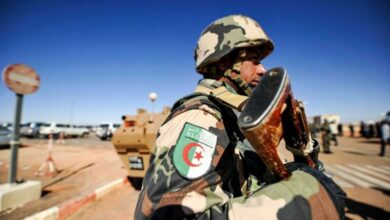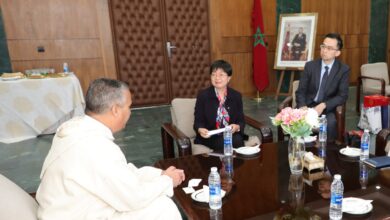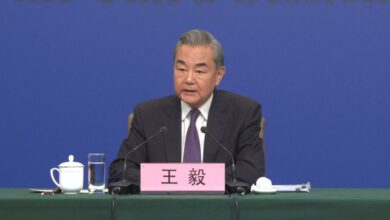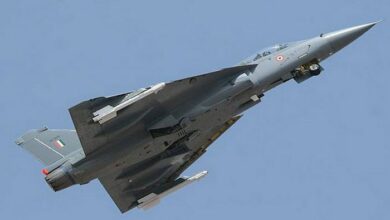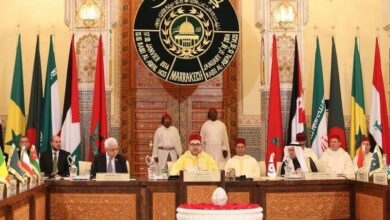American Institute: The Western Sahara Conflict Is Effectively Over, and the Next Challenge Is the Return of Refugees
American Institute: The Western Sahara Conflict Is Effectively Over, and the Next Challenge Is the Return of Refugees
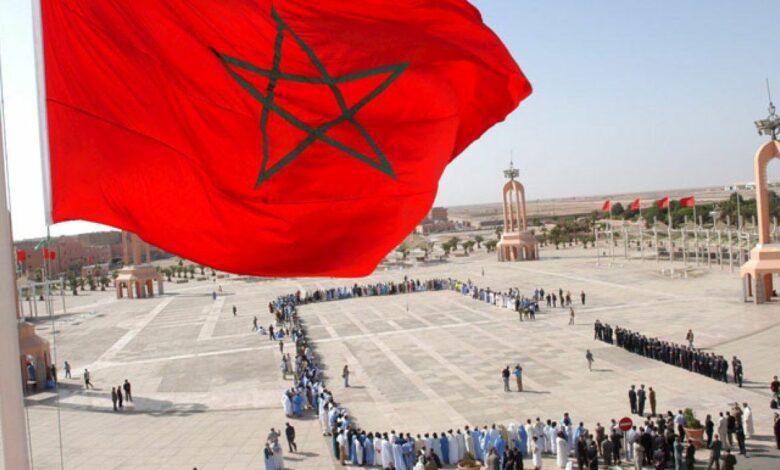
ALDAR / Analysis
The United States Institute of Peace — a think tank affiliated with the U.S. Congress — has released a report stating that the long-standing conflict over Western Sahara has effectively come to an end. The report emphasizes that the next phase must focus on organizing the return of Sahrawi refugees, particularly those living in the Tindouf camps in Algeria.
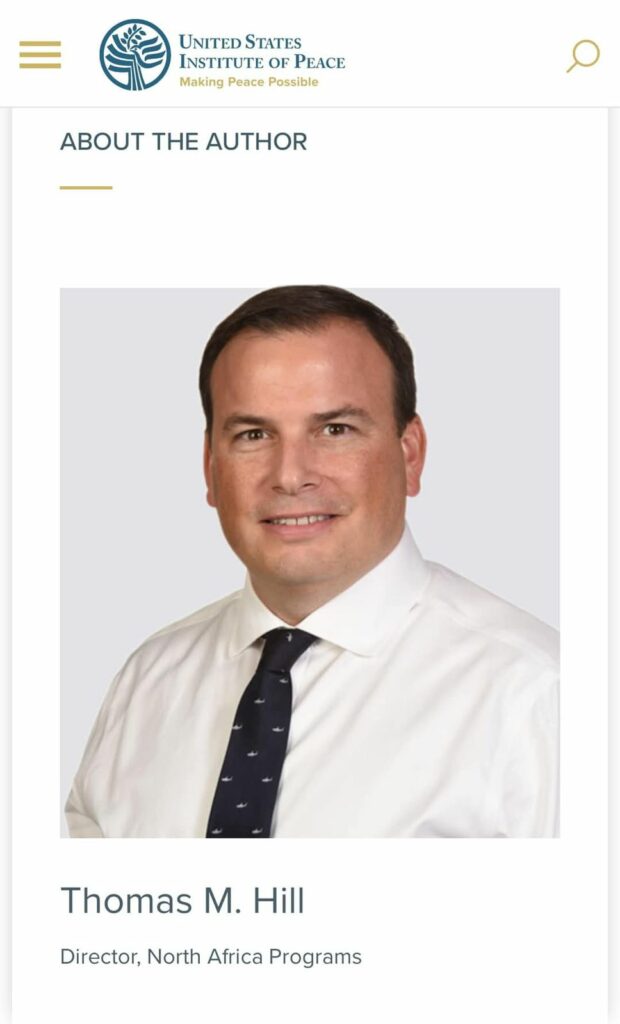 The report highlights France’s official recognition of Morocco’s sovereignty over Western Sahara as a decisive turning point in this regional conflict. It also notes the growing international support for Morocco’s position and control over the territory, reinforcing the idea that the conflict is politically and diplomatically resolved.
The report highlights France’s official recognition of Morocco’s sovereignty over Western Sahara as a decisive turning point in this regional conflict. It also notes the growing international support for Morocco’s position and control over the territory, reinforcing the idea that the conflict is politically and diplomatically resolved.
In the same context, the report warns that the current status quo may become permanent unless the concerned parties — especially Algeria and the Polisario Front — take initiative to engage in negotiations and reach an agreement that determines the future of the region’s inhabitants and facilitates their safe and peaceful return.
Amid these developments, a notable statement came from Morocco’s Permanent Representative to the United Nations, Omar Hilale. He firmly stated that Morocco will only allow the return of individuals whose names appear in Spain’s official census of the territory’s population — or those who are direct descendants of such individuals. According to Hilale, anyone outside this criterion is, in practice, an Algerian citizen and does not qualify for refugee status.
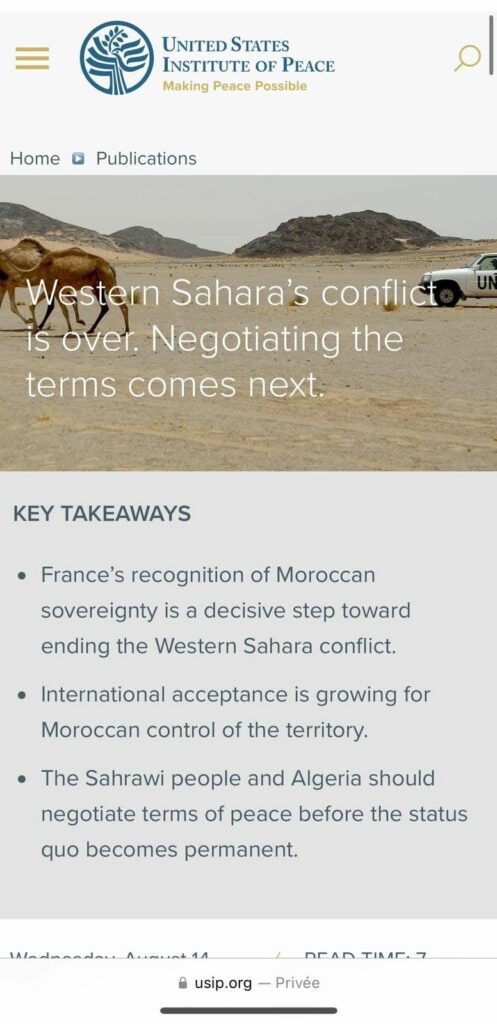 Hilale’s position reflects Morocco’s firm stance on the refugee issue — a stance grounded in international legality and historical legitimacy. It also sends a clear message to the international community: Rabat will not accept any attempt to alter the demographic makeup of the region or impose a new reality under the pretext of “refugees.”
Hilale’s position reflects Morocco’s firm stance on the refugee issue — a stance grounded in international legality and historical legitimacy. It also sends a clear message to the international community: Rabat will not accept any attempt to alter the demographic makeup of the region or impose a new reality under the pretext of “refugees.”
This shift raises serious questions about Algeria’s and the Polisario Front’s willingness to participate in genuine negotiations — ones that respond to the evolving geopolitical dynamics of the region and offer a path out of stagnation toward a fair and lasting resolution.

